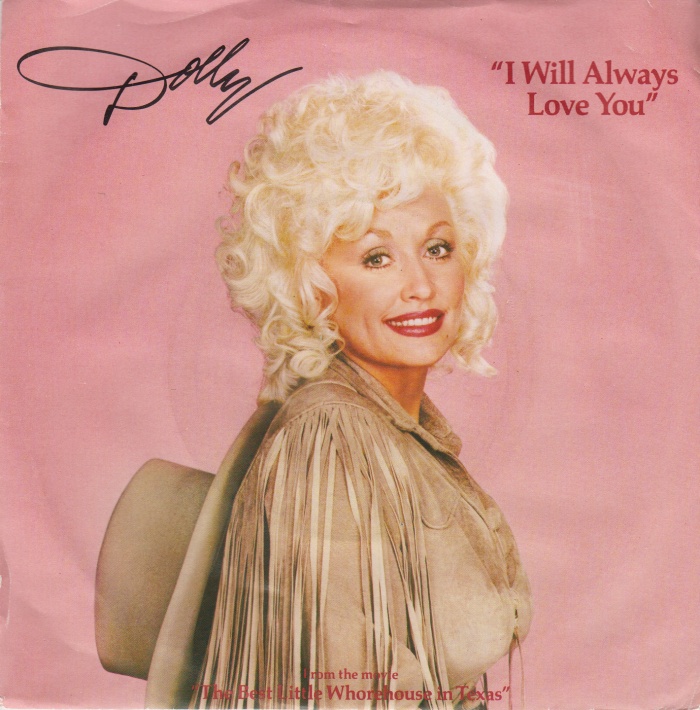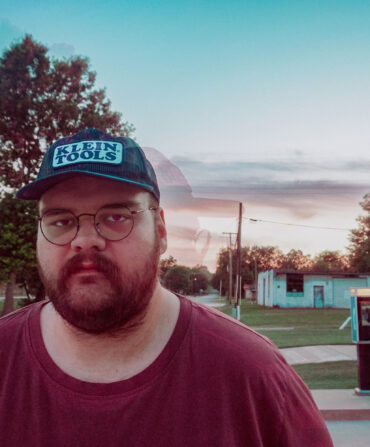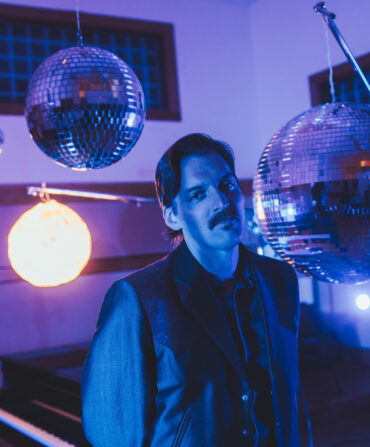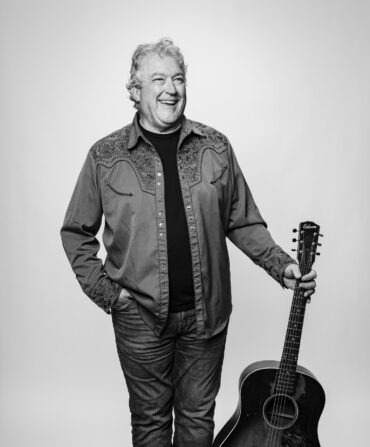The first time Dolly Parton heard Whitney Houston’s cover of her song “I Will Always Love You,” the country superstar nearly wrecked her car.
“I was driving home from my office in downtown Nashville, and all of a sudden, I heard on the radio, ‘If I…’ acapella.” It was 1992, the year The Bodyguard film starring Houston was released. Months earlier, Parton had sent the song to producers for consideration, but she hadn’t received final confirmation if Houston would sing it or another song, Parton said in an interview last year with Harry Connick, Jr. “When she started in on the ‘I will always love you,’ I have to honestly say I thought my heart was going to bust,” said Parton. “That was one of the most overwhelming feelings I’ve ever had in my life. About anything.”
Forty-five years ago, Parton wrote the song as a personal goodbye. In 1973, Parton was ready to cut ties with Porter Wagoner, the singer and host who invited her to perform regularly on his country music show beginning in 1967. “He gave me my first big break,” she told Connick. But her time on the show wasn’t meant to last forever. “We had one of those love/hate relationships when you work together a lot. I don’t know if we were so much alike that we couldn’t get along, or we were so different that we couldn’t get along.”
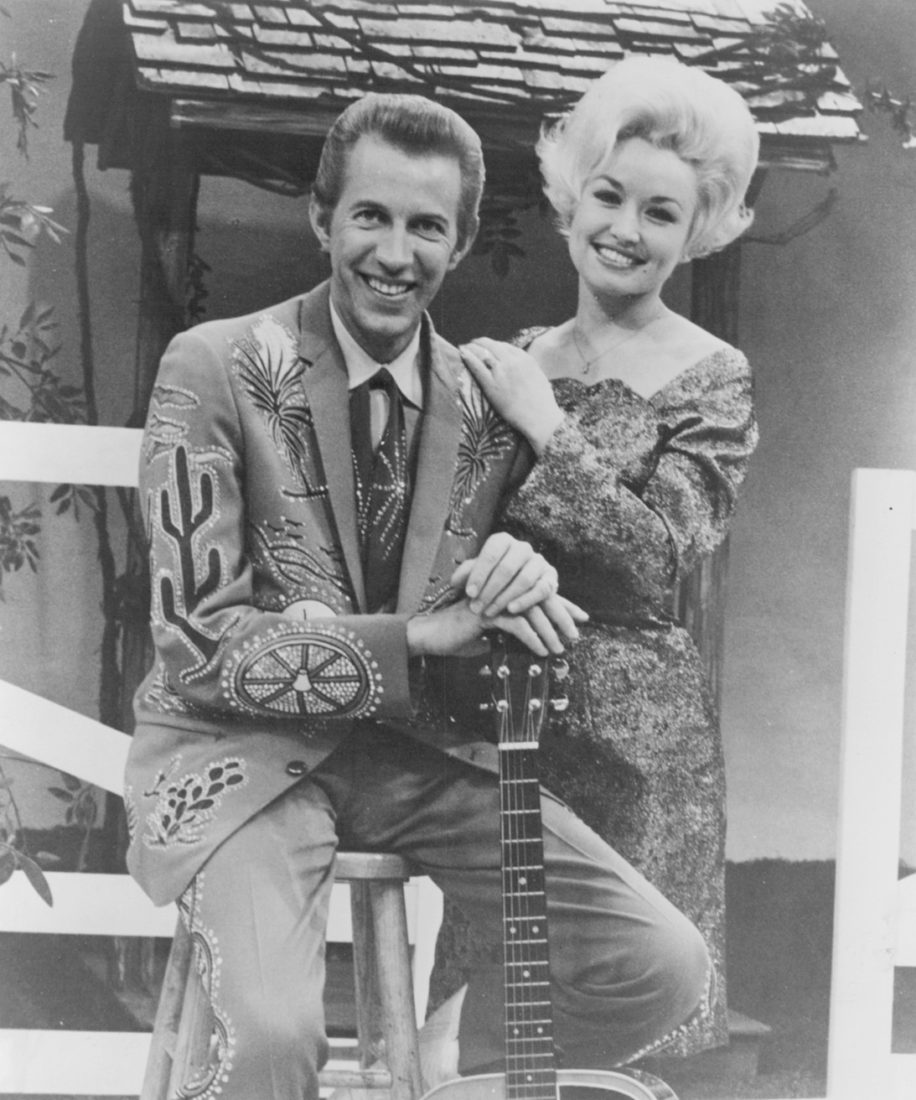
Photo: RCA Victor
Porter Wagoner and Dolly Parton in 1969.
So she penned “I Will Always Love You,” and asked Wagoner to sit down and listen. “I started singing it and he started crying,” she remembered later. “He said, ‘Okay, you can go, but I’m going to produce that damn song.’”
RCA released “I Will Always Love You” as a single in 1974 from Parton’s album Jolene, and it hit the top of the country charts that June. “The original song was something of a vinyl greeting card of thanks from Dolly to Porter Wagoner,” says Marc Myers, a music columnist for the Wall Street Journal and author of the book Anatomy of a Song. “It’s introspective and tender.” When Parton re-recorded “I Will Always Love You” in 1982 for the movie version of The Best Little Whorehouse in Texas, it hit the number one spot again.

Photo: Creative Commons
Whitney Houston in The Bodyguard.
Houston’s version had a similar double-chart-topping trajectory—but on an even grander scale. Her 1992 rendition held the number one spot on the Billboard hot 100 for fourteen weeks, and it still holds the record for the best-selling single by a woman in music history. After Houston’s death in 2012, the song again entered the charts and it has now sold more than 20 million copies worldwide. “Whitney’s version isn’t tender. It’s emotional and gripping,” Myers says. “It has that soaring finale, which helped it become such a big hit and why it touched so many people.”
“I Will Always Love You” also generated a lot of money—for Parton. As the sole songwriter, she receives all the song’s royalties, including those from the 1992 version. It’s one of more than 3,000 Parton has written—and retains the rights to. There were even rumors that decades ago, Elvis Presley was planning to cover it until Parton nixed his manager’s proposal to split the song’s publishing royalties. Myers puts it plainly: “If all Dolly ever wrote was this song, she’d be pretty well off.”
For her part, Parton has always been open about her gratitude to Houston for bringing the song to new heights. “When Whitney did ‘I Will Always Love You,’ Lord, I mean, that thing generated so much music,” Parton told Larry King in a 2003 CNN interview. “And somebody—there was a tabloid story saying that Whitney and I were in a big feud, she said it was her song and I said it was mine. None of that was ever true. I was so flattered, so honored, and so lucky that she did it.” Of her own legacy, Parton added, “I’m a writer who sings.”
Here are both versions—Parton’s and Houston’s—plus one rendition Parton’s management shared when we contacted the star for this story. She declined to comment, but her team noted, “Here’s a funny one.” Indeed. No word yet, though, on if Parton and the comedian Will Ferrell can strike a royalties deal.


